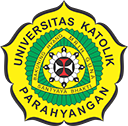The Undergraduate Physics Study Program at Parahyangan Catholic University (UNPAR) has once again received an “Excellent” accreditation rating from the Independent Accreditation Board for Natural Sciences and Formal Sciences (LAMSAMA). This accreditation replaces the previous “Excellent” rating obtained from the National Accreditation Board for Higher Education (BAN-PT).
The reaccreditation process involved the submission of documents in the form of a Self-Evaluation Report (LED) and a Study Program Performance Report (LKPS). These documents were collaboratively prepared by the Physics Study Program Accreditation Team, whose members include:
- Mr. Paulus C. Tjiang, Ph.D. (Head of the Physics Study Program)
- Mr. Haryanto M. Siahaan, Ph.D. (Dean of the Faculty of Science)
- Dr. Risti Suryantari (Deputy Dean of the Faculty of Science)
- Dr. Sylvia H. Sutanto (Head of the Center for Theoretical Physics Studies)
- Ms. Yuanita P.D. Sudarso, M.Sc. (Head of the Basic Physics Laboratory)
- Ms. Neng Putri Lestari N., B.Sc.
Field Assessment
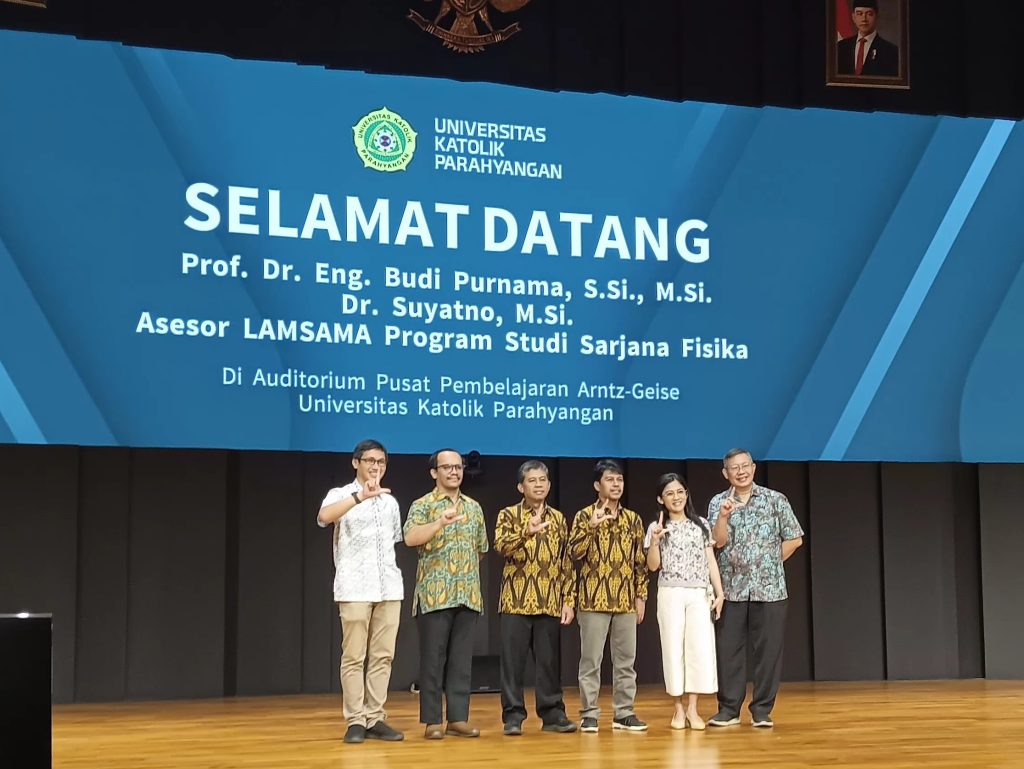
After submitting the documents, LAMSAMA proceeded with a field assessment held from June 1–4, 2025. Two assessors were assigned to directly clarify and verify the program’s data and practices, namely:
- Prof. Dr. Eng. Budi Purnama, S.Si., M.Si. from Universitas Sebelas Maret (Surakarta)
- Dr. Suyatno, M.Si. from Institut Teknologi Sepuluh Nopember (Surabaya)
It should be noted that this field assessment was conducted simultaneously with the reaccreditation process for the Undergraduate Mathematics Study Program (PSM-PS) by LAMSAMA.
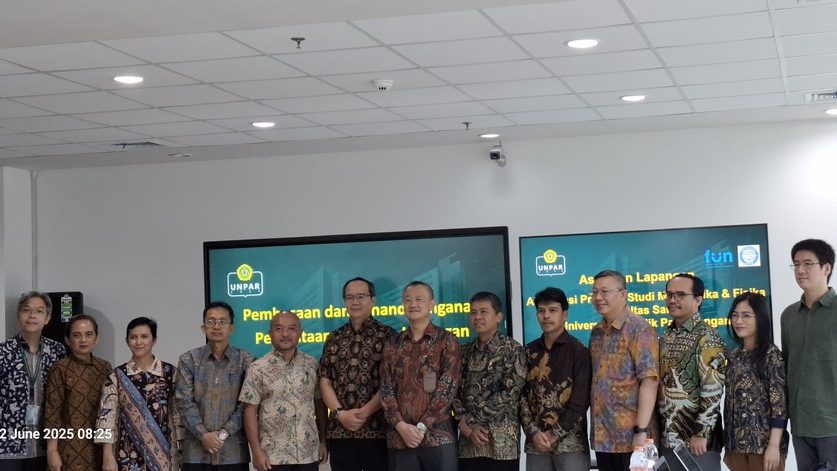
Opening of the LAMSAMA Accreditation Field Assessment with the Mathematics Study Program
The field assessment highlighted several practices deemed commendable by the assessors. For instance, to spark interest among first-year students, the Physics Study Program introduces optical topics visually in the basic physics courses first, making complex physics concepts easier to grasp before progressing to more challenging material.
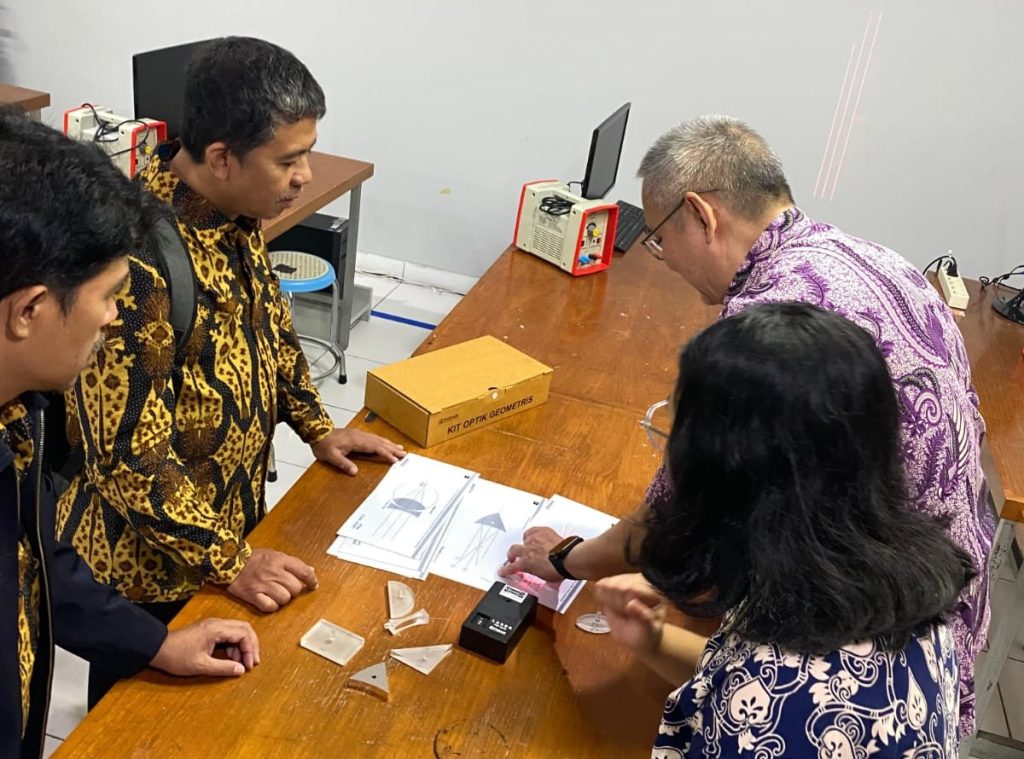
Field Assessment Activity – Visual Introduction to Optics Material
Furthermore, laboratory practices have been redesigned to remain engaging for new students without compromising the fundamental essence and concepts of physics. One notable example is the electronics practicum, which involves assembling and disassembling components and applying reverse engineering principles. This was considered highly impressive, reflecting the department’s commitment to industry-oriented education that equips students with practical skills.
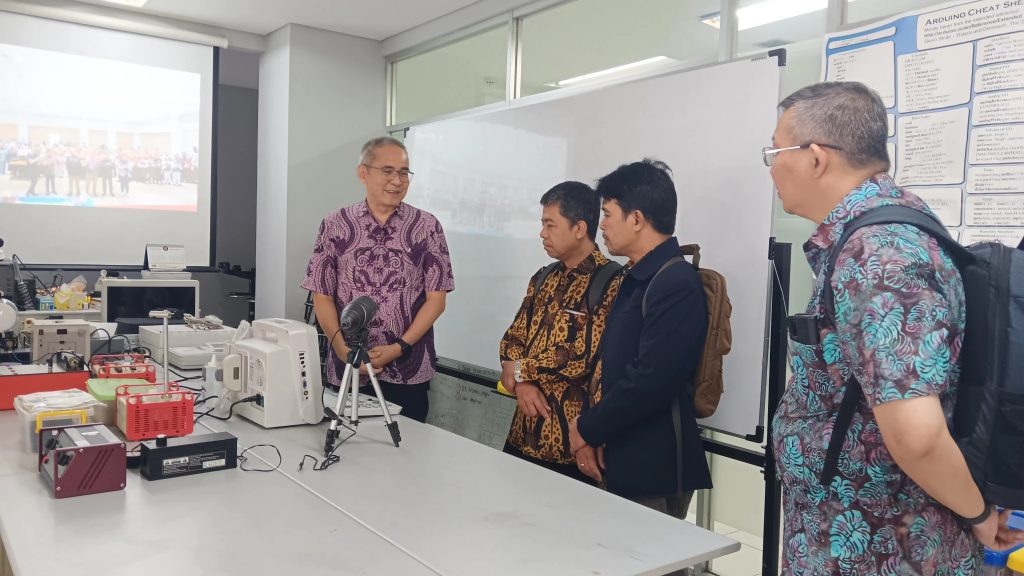
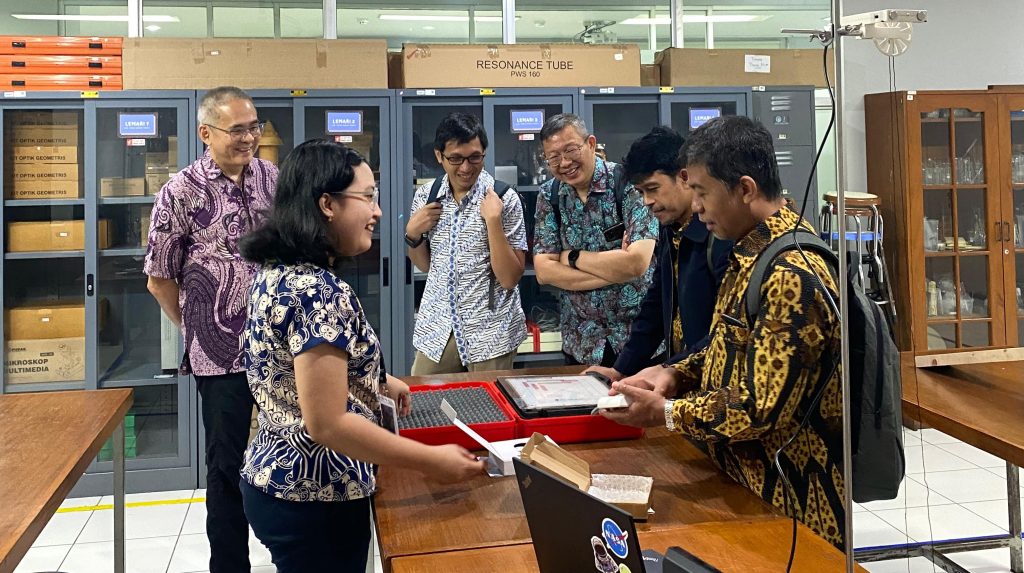
Field Assessment Activity – Tour of the Electronics and Basic Physics Laboratories
Beyond campus, the Science Workshop activities help shift public perceptions that physics is not only about classroom theory but also has practical applications. Lastly, the assessors noted the implementation of credit hour conversions for lecturers actively engaged in research, where lecturers receiving research funding are granted adjustments in their teaching load. This is seen as a mutually beneficial solution for the academic community to encourage research productivity while maintaining workload balance.
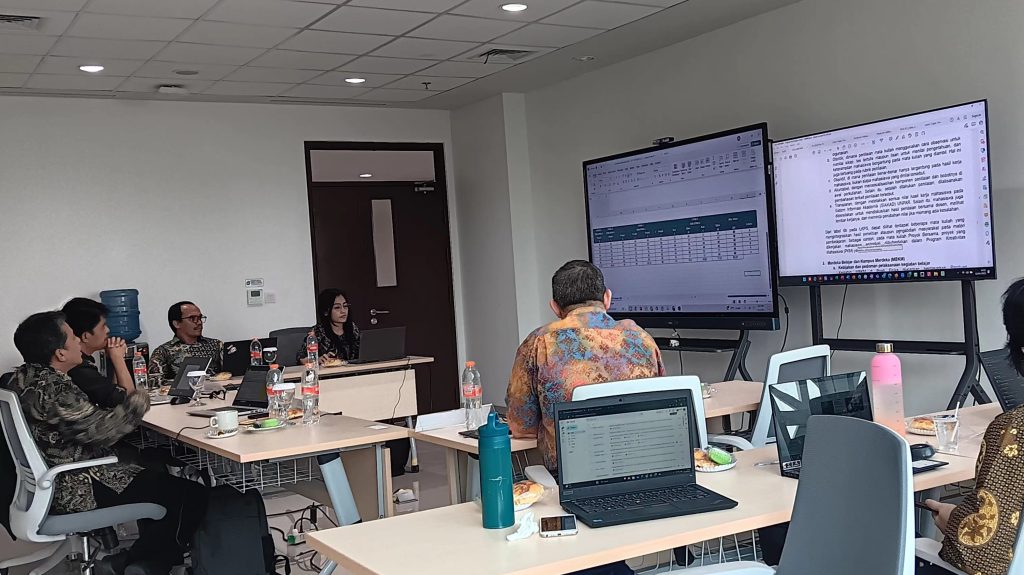
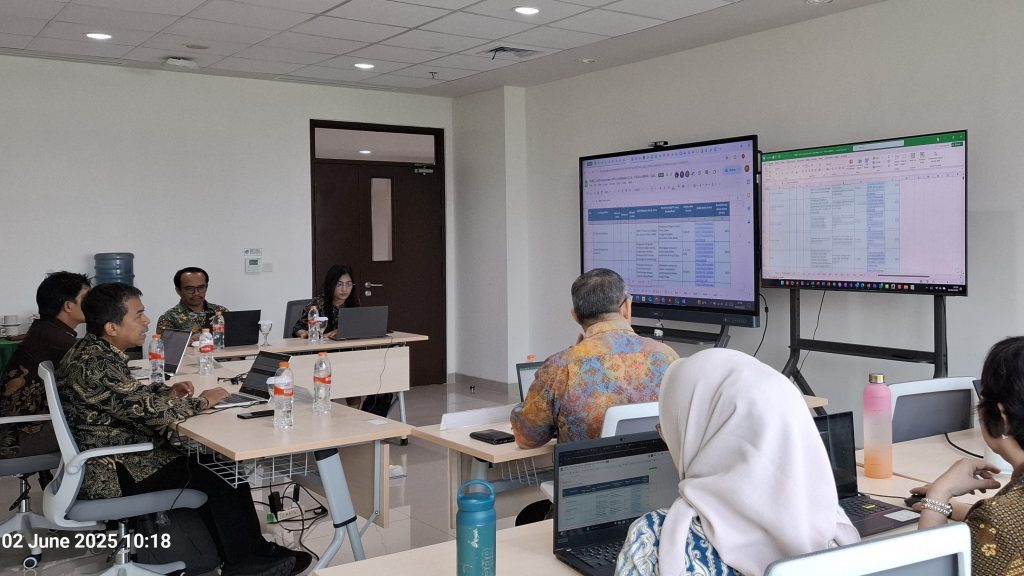
Field Assessment Activity – Data Confirmation of LED and LKPS
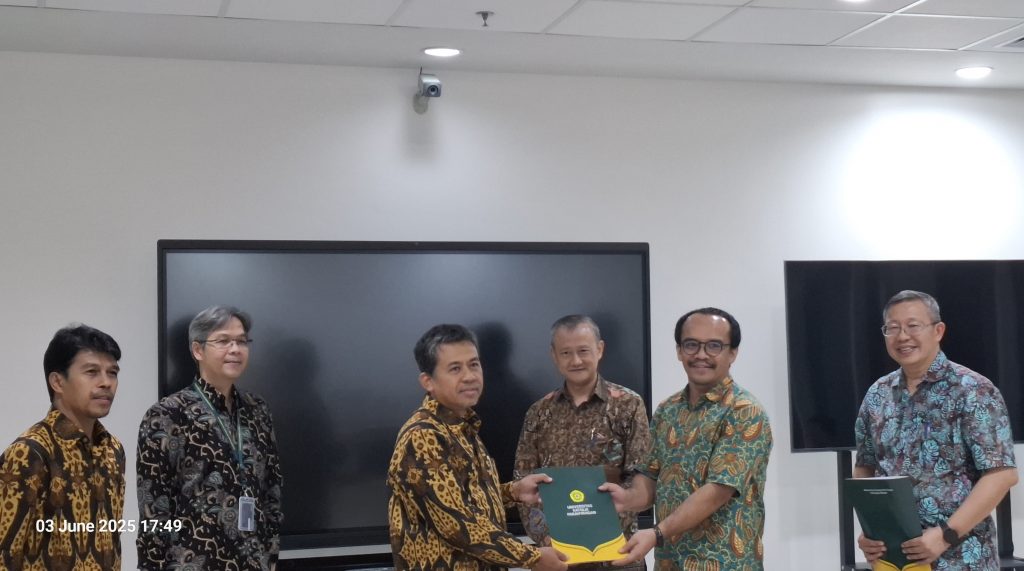
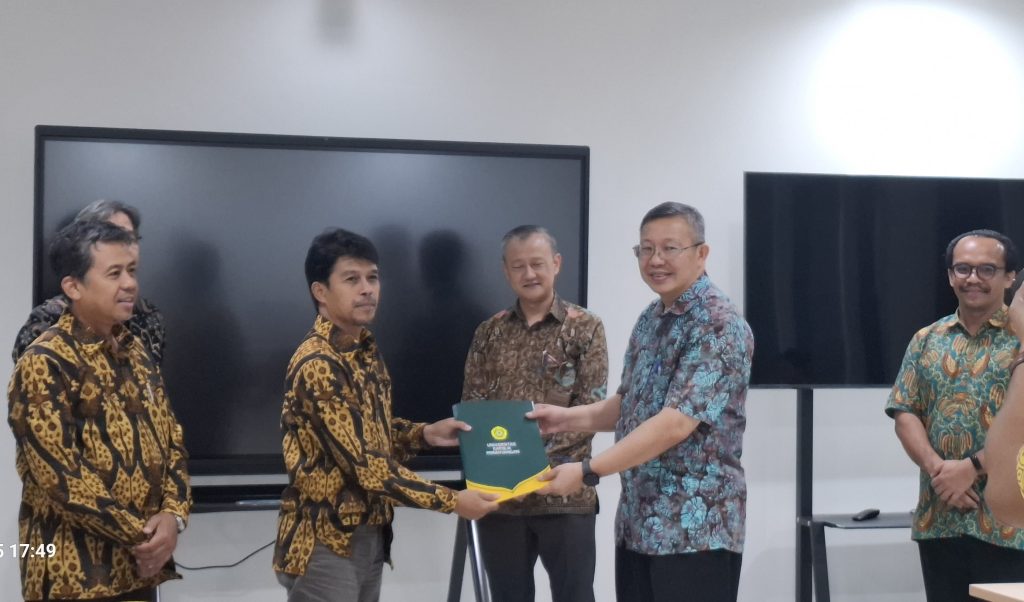
Closing Ceremony of the Physics Study Program Accreditation Field Assessment
The Physics Study Program at UNPAR’s success in once again earning an “Excellent” Accreditation is an achievement that demonstrates their consistency in maintaining and improving the quality of physics education at the university level. With a relevant curriculum and adequate learning facilities, the program is ready to continue advancing physics and its applications across various sectors. This accreditation also serves as an important foundation for further development, both in improving graduate quality and making a tangible contribution to society and the professional world.
This achievement is not only a recognition of the academic quality of the Physics Study Program but also a major motivation for the entire UNPAR physics academic community to continue innovating and maintaining educational standards. The Physics Study Program extends its gratitude to all parties who contributed to this process, especially to LAMSAMA and the two assessors for their detailed, professional, and constructive assessment. The program hopes that this accomplishment will serve as a catalyst to continually enhance academic quality, expand research impact, and strengthen tangible contributions to society.

